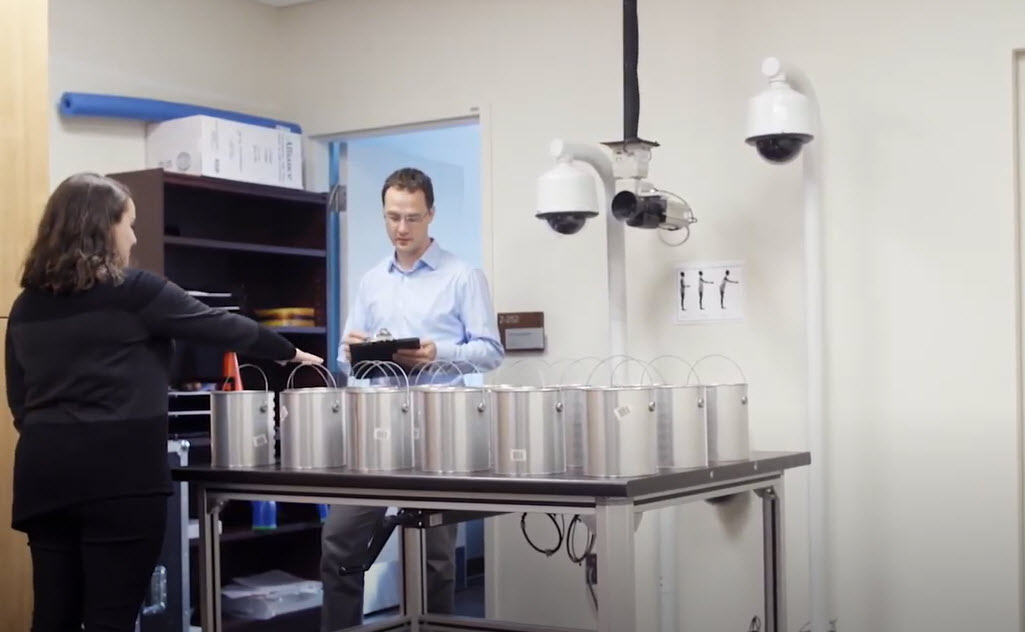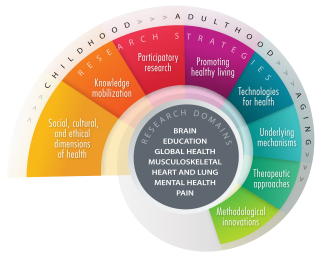
The Schools' approach to research in rehabilitation science can be categorized into 7 research domains, 8 research strategies, and 3 life stages.
Learn more about each domain below and find a list of corresponding researchers associated with each.
Brain
Brain research focuses on understanding the underlying mechanisms of the brain neuroplasticity as it related to recovery after an injury, in the presence of disease, suboptimal neurodevelopment, or neurodegeneration across the lifespan, and the impact of the environment on recovery, neurodevelopment, or neurodegeneration. Researchers at the School of Physical and Occupational Therapy contribute to interdisciplinary teams addressing diverse topics including the mechanisms underlying cognitive, socioemotional, and motor impairments, the use of innovative technology for cognitive and motor training, the development and translation of novel intervention and treatment approaches, and the development of enabling physical and social environments. Populations targeted by this research include but are not limited to those with mild cognitive impairment, traumatic brain injury, stroke, spinal cord injury, multiple sclerosis, cerebral palsy, developmental coordination disorder and neurological consequences of contracting HIV/AIDS or early life abnormal development.
Researchers: Sara Ahmed, Philippe Archambault, Stefanie Blain-Moraes, Marie-Eve Bolduc, Marie-Hélène Boudrias, Zachary Boychuck, Marie Brossard-Racine, Joyce Fung, Isabelle Gagnon, Isabelle Gélinas, Eva Kehayia, Heather Lambert, Anouk Lamontagne, Mindy Levin, Annette Majnemer, Nancy Mayo, Barbara Mazer, Melissa Park, Claire Perez, Marc Roig, Keiko Shikako-Thomas, Laurie Snider, Aliki Thomas
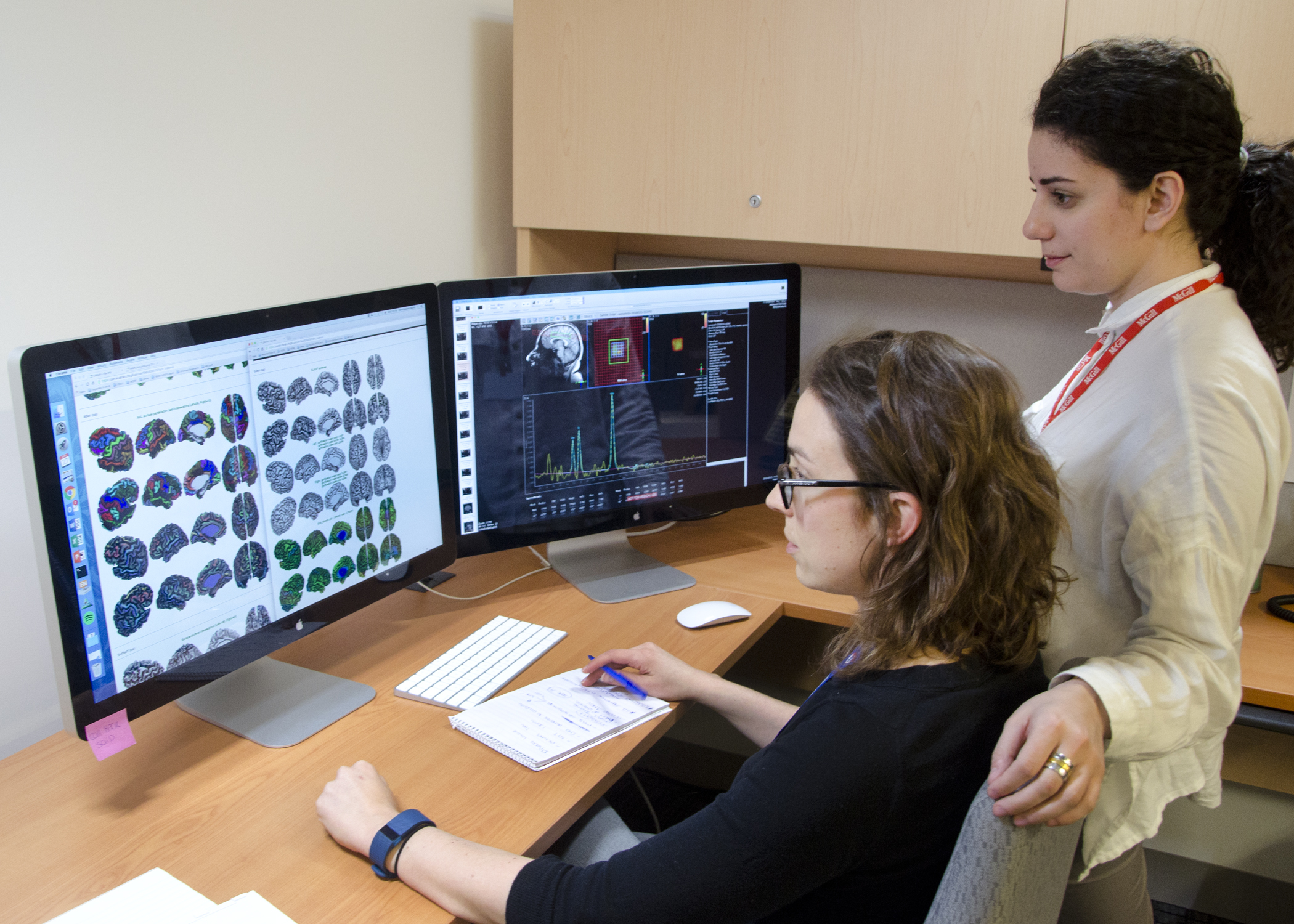
Education
Educational research in occupational therapy and physical therapy focuses on identifying, implementing, and evaluating best practices in outreach, admissions, curriculum design, teaching, and learning methodologies and learner assessment. This field of inquiry aims to promote socially accountable, evidence-informed and student-centered educational practices in rehabilitation that will ensure that graduates demonstrate the clinical competencies to provide equitable state of the art rehabilitation services and remain lifelong learners and reflective practitioners. Researchers at the School of Physical and Occupational Therapy are engaged in educational research related to a diverse set of topics including mentorship, teaching and assessment of evidence-based practice, clinical reasoning, Indigenous health, interprofessional education, faculty development, clinical competence, fieldwork education and knowledge translation.
Researchers: Liliane Asseraf-Pasin, Patricia Belchior, Stefanie Blain-Moraes, Zachary Boychuck, André Bussières, Noémi Dahan-Oliel, Isabelle Gélinas, Marie-Lyne Grenier, Tania Janaudis-Ferreira, Eva Kehayia, Elizabeth Anne Kinsella, Annette Majnemer, Susanne Mak, Nancy Mayo, Melissa Park, Cynthia Perlman, Ana Maria Rodriguez, Keiko Shikako-Thomas, Caroline Storr, Aliki Thomas, Tim Wideman, Hiba Zafran
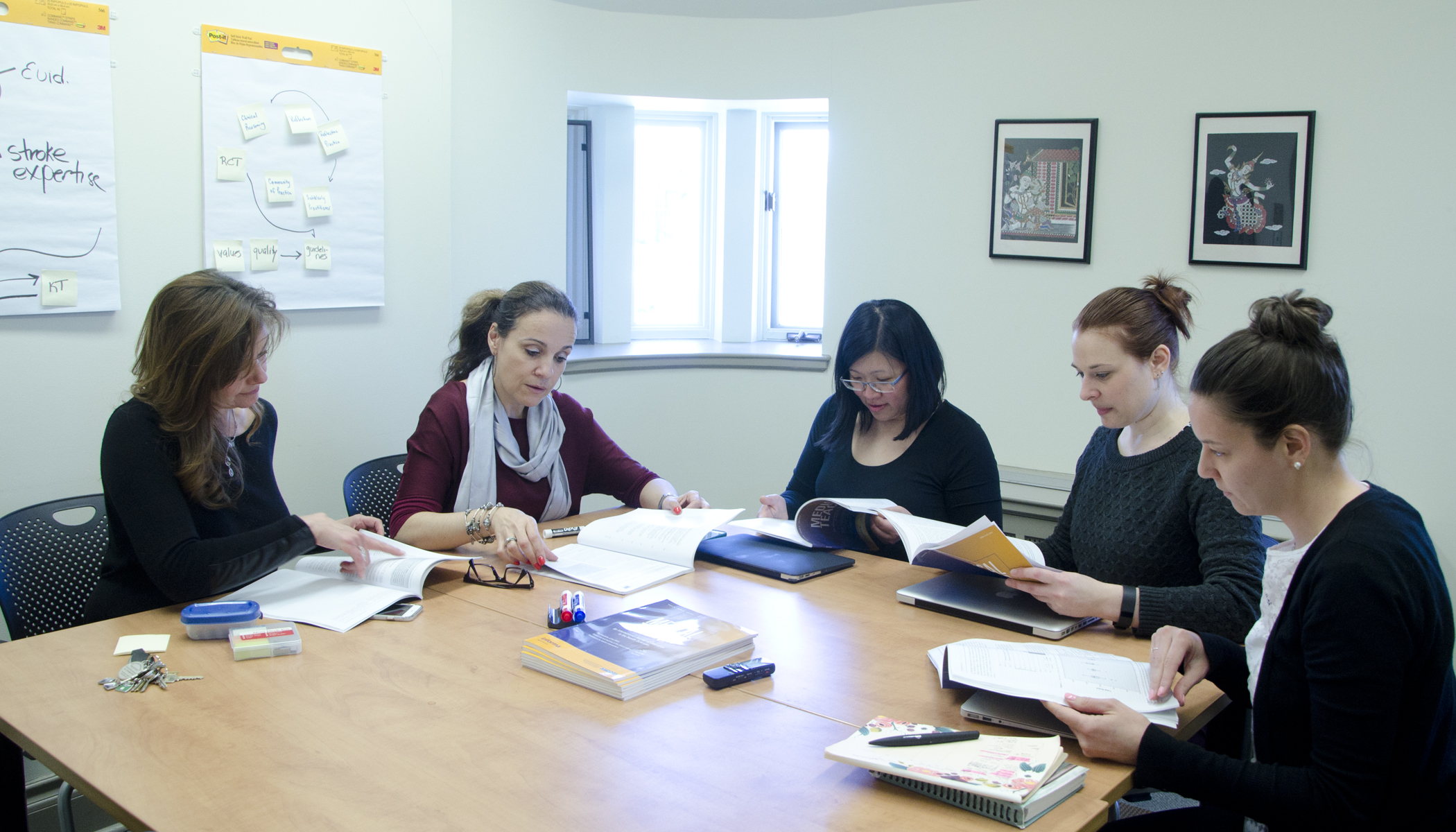
Global Health
Global health research focuses on trans-national health concerns, and the wide array of determinants and conditions that contribute to health and ill-health. This field of inquiry is interdisciplinary and intersectoral and seeks to promote equity and “health for all” (Koplan, 2009). Researchers at the School of Physical and Occupational Therapy are engaged in global health research related to a diverse set of topics including governance and its implications for health, global health policy, ethics of global health initiatives, human resources in regions where the rehabilitation sector is emerging, and disability and natural disasters. These research projects include conceptual and empirical inquiries and involve collaborations and partnerships with international teams of scholars, decision-makers, and practitioners.
Researchers: Philippe Archambault, Patricia Belchior, André Bussières, Shaun Cleaver, Matthew Hunt, Eva Kehayia, Elizabeth Anne Kinsella, Raphael Lencucha, Mindy Levin, Melissa Park, Ana Maria Rodriguez, Keiko Shikako-Thomas, Hiba Zafran
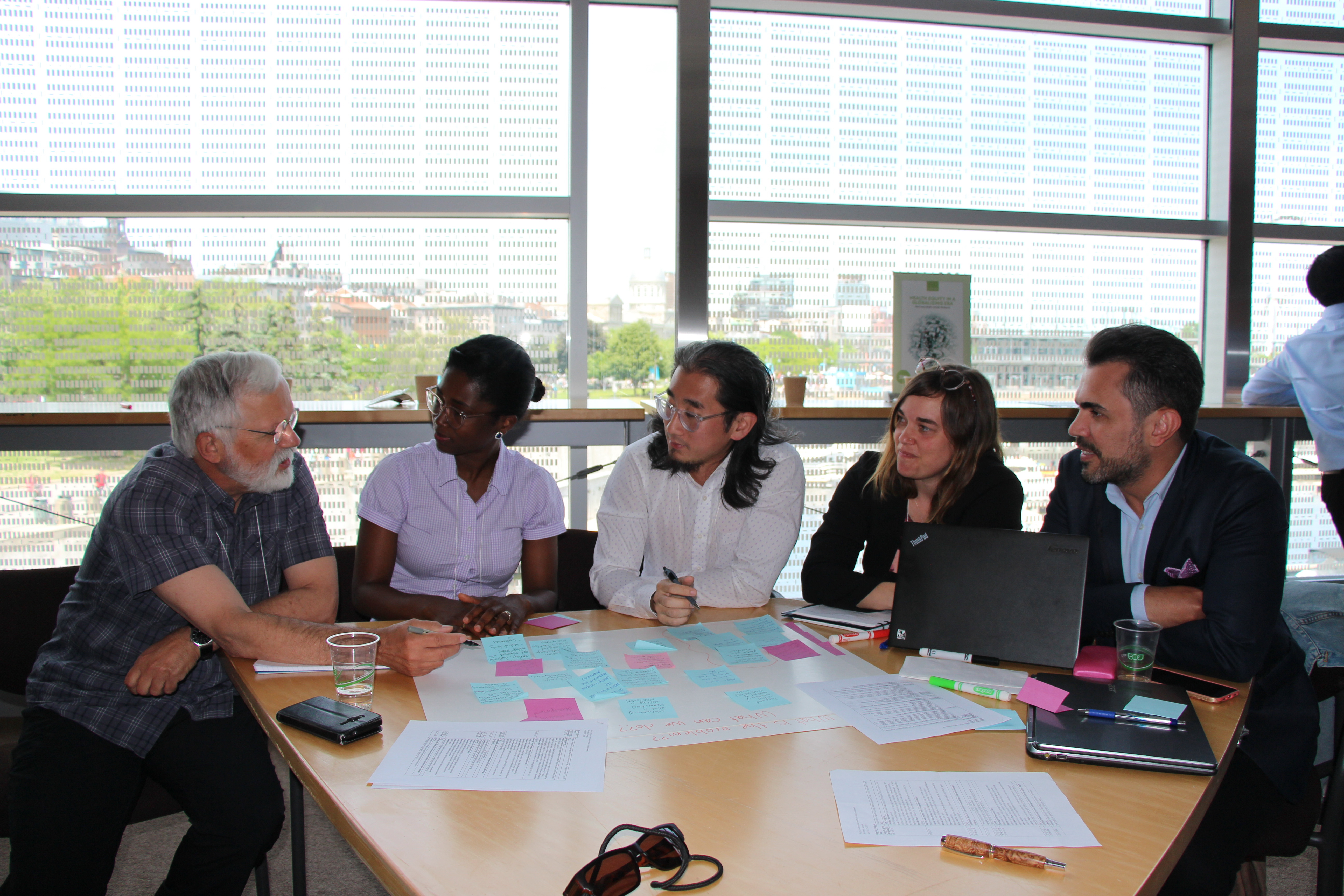
Heart and Lung
Research in Heart and Lung Health at the School of Physical and Occupational Therapy focuses on acute and chronic health issues involving the cardiorespiratory system. Researchers address diverse topics including mechanisms underlying breathing difficulties and exercise intolerance, the use of different adjuncts to exercise training, the development of outcome measures and evaluation of novel therapeutic interventions related to education, self-management, mechanical ventilation, and physical rehabilitation. Researchers in this domain also carry out basic science, clinical and knowledge translation research projects to promote best practices. Populations targeted by this research include patients admitted to an intensive care unit, individuals with chronic obstructive pulmonary disease or asthma, chronic or acute cardiac diseases and postoperative from cardiac surgeries, and solid organ transplant candidates and recipients, as well as individuals with neurological conditions such as stroke or spinal cord injury or other chronic diseases whose cardiorespiratory system may be affected.
Researchers: Sara Ahmed, Mariane Bertagnolli, Tania Janaudis-Ferreira, Annette Majnemer, Marc Roig, Judith Soicher, Jadranka Spahija, Aliki Thomas
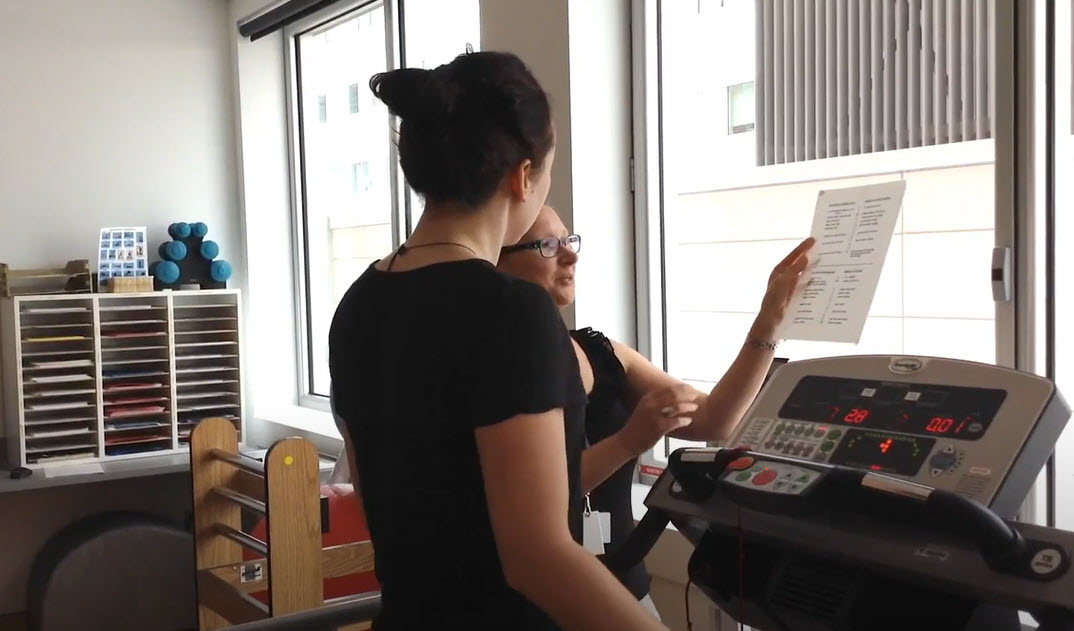
Mental Health
Mental health research focuses on global policy on recovery (Mental Health Commission of Canada (2015). Guidelines for Recovery-Oriented Practice: Hope. Dignity. Inclusion. Ottawa ON: Mental Health Commission of Canada), mental health service delivery systems, person centered and strengths-based assessments and intervention, and mental health promotion. This field of inquiry is interdisciplinary and intersectoral and includes research on the social determinants of mental health. Researchers at the School of Physical and Occupational Therapy are engaged in mental health research related to a diverse set of topics including design of new interventions, implementation, and evaluation of recovery-oriented services with a particular focus on utilizing participatory processes. Our foci range from person-centered professional or clinical reasoning for and with persons with psychosocial issues related to chronic conditions and/or lifelong disability status and/or who have experienced psychosis, mental health systems transformation and occupational/social justice within the community.
Researchers: Sara Ahmed, Dana Anaby, Patricia Belchior, Isabelle Gagnon, Matthew Hunt, Elizabeth Anne Kinsella, Heather Lambert, Nancy Mayo, Melissa Park, Marc Roig, Suzanne Rouleau, Laurence Roy, Keiko Shikako-Thomas, Tim Wideman
Musculoskeletal
The term Muscle and Bone encompass health problems of the locomotor system, meaning the skin, muscles, skeleton, tendons, cartilage, ligaments, and nerves. Muscle and Bone include all forms of ill-health ranging from light, transitory disorders to irreversible, disabling injuries. Not surprisingly, these disorders result in an enormous social, psychological, occupational, and economic burden to society, and are the leading cause of physical disability. Researchers at the School of Physical and Occupational Therapy are engaged in Muscle and Bone research related to a diverse set of topics including clinical and basic science research, heath service and health policy research throughout the rehabilitation sector.
Researchers: Sara Ahmed, Dana Anaby, Zachary Boychuck, André Bussières, Noémi Dahan-Oliel, Joyce Fung, Isabelle Gélinas, Mindy Levin, Nancy Mayo, Bernadette Nedelec, Richard Preuss, Shawn Robbins, Ana Maria Rodriguez, Sara Saunders, Aliki Thomas, Tim Wideman
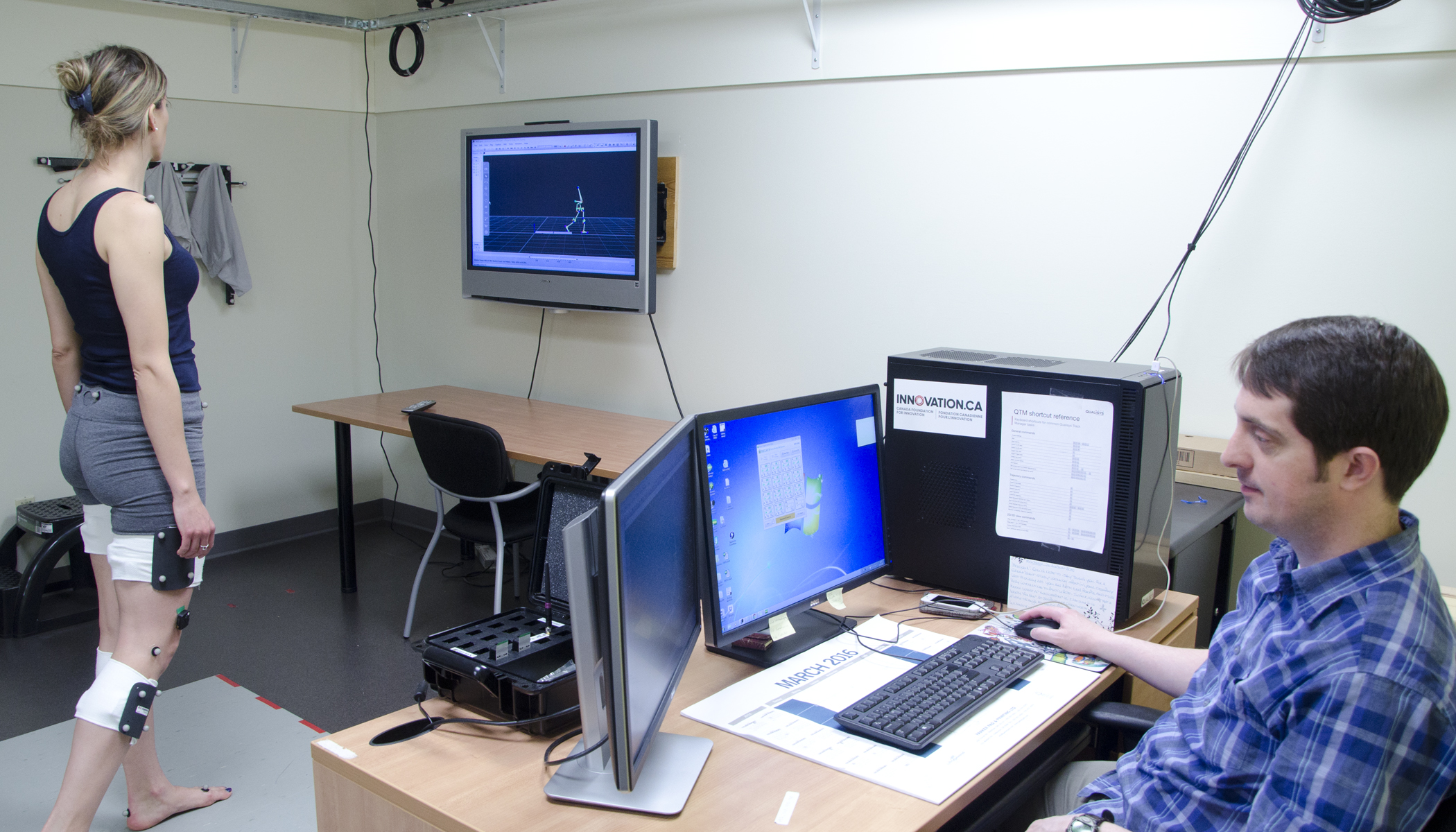
Pain
Pain research focuses on creating new knowledge about how pain works and how it should be best managed, as well as translating this knowledge into improved care for people living with pain. Pain can be linked to a wide range of health conditions occurring across the lifespan, including those associated with acute pain that is primarily driven by damage to the body, as well as persistent pain that is influenced by a complex array of biological, psychological, and social factors. Pain research at the School of Physical and Occupational Therapy focuses on the following themes: understanding and targeting biopsychosocial risk factors for prolonged pain and disability, such as fear and catastrophic thoughts associated with pain as well as sensitized responses to painful physical activities; improving entry-level pain education of health professionals through large-scale knowledge translation initiatives; and developing person-centred approaches to pain management that are designed to help validate and support the person living with pain.
Researchers: Sara Ahmed, André Bussières, Shawn Robbins, Sara Saunders, Aliki Thomas, Tim Wideman
